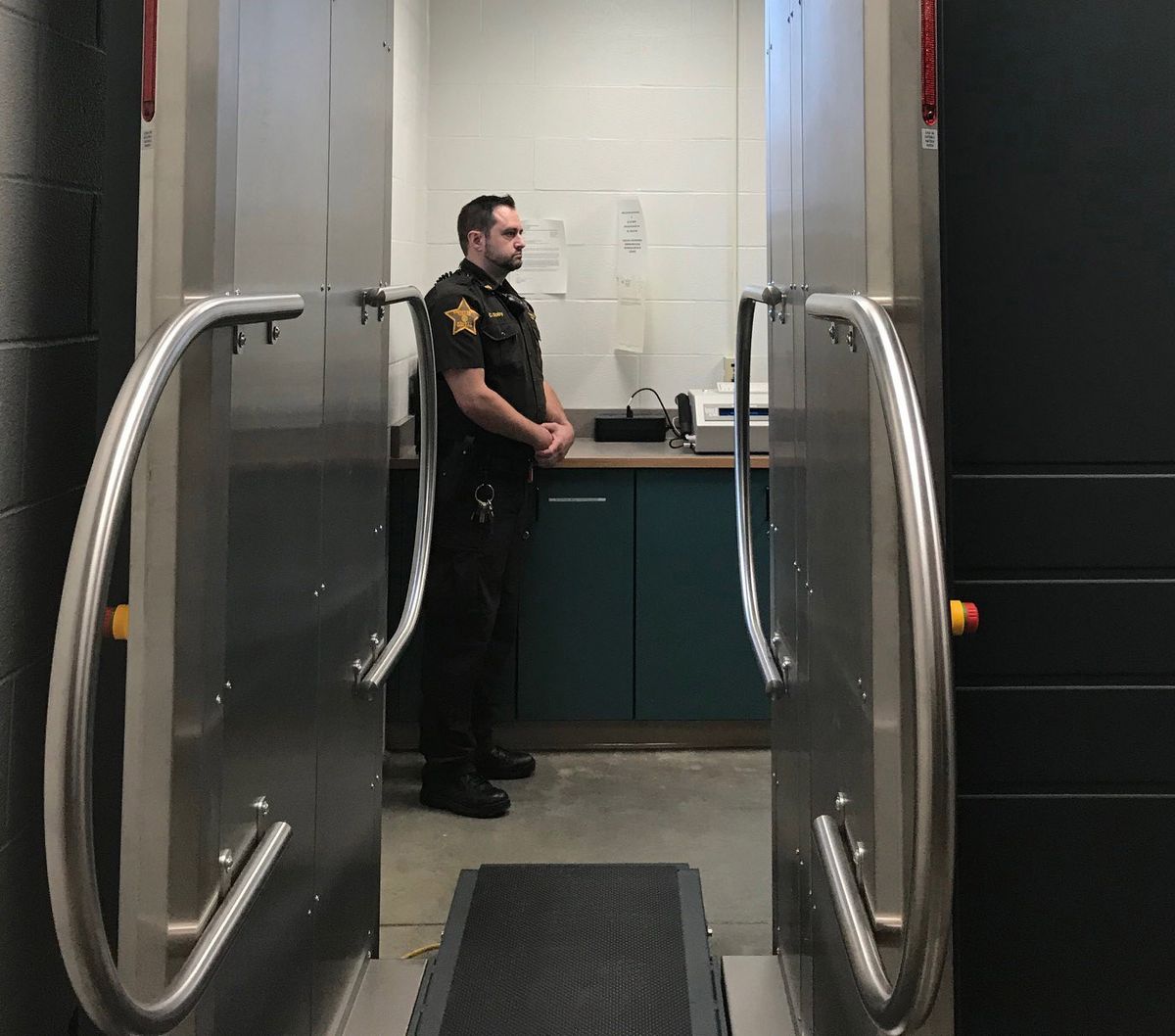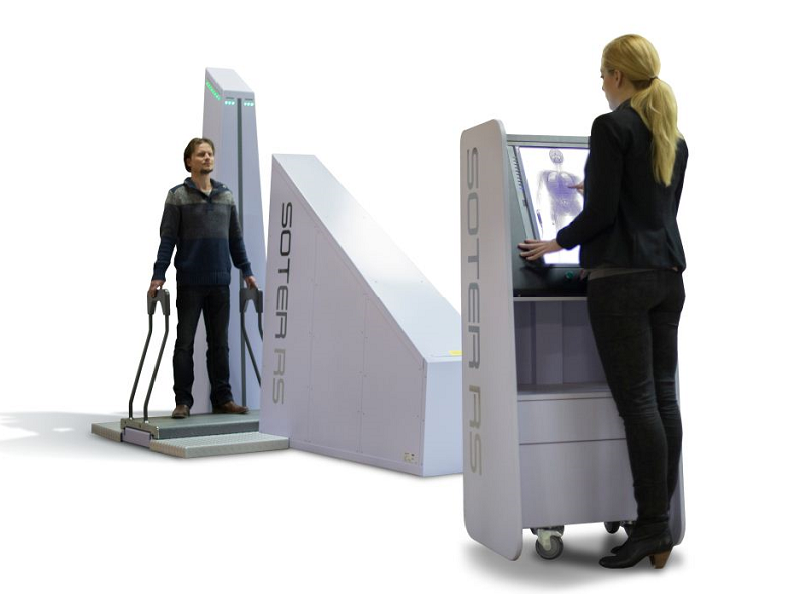

“The more invasive a search, the more dangerous it is to the operator.”Ī body scanner is not a magic bullet, cautions York. Chris Weber, a technical solutions engineer with Smiths Detection. A number of things are smuggled in body cavities, so the B-SCAN allows prison officials to look inside the body without having to do an invasive type of search.” said Dr. “The big advantage of the B-SCAN is that it can look inside the body.

And the scanner can pick up hidden objects, such as a small bag of drugs tucked in a crevice or cavity, not just the metallic items picked up by metal detectors and wands. These must be conducted consistently on every inmate going out or coming in, every time.Īn X-ray body scanner, like the B-SCAN from Smiths Detection, is an easy way to address the three key pitfalls of this method, because a scanner allows faster and less invasive searches but provides a more thorough, detailed image that includes visibility into body cavities.Ī body scanner also allows you to screen visitors and employees thoroughly and quickly, without invasive measures. Many facilities rely on labor-intensive strip searches to screen inmates. How you go about those searches is up to you.

Screening every person – inmate, staff or visitor – who comes into your facility is a must. Inspect inmates coming into the facility, every time Here are three best practices for screening and key tools to keep contraband under control, both by finding illicit items that might already be present and by preventing it from getting into your facility in the first place. “Every overdose that takes place costs the agency thousands and thousands of dollars,” said York, “so if you could stop any amount of drugs from coming into your prison, you’d save your agency some money.” “Inmates with contraband are the most powerful and the most dangerous.”Ĭontraband can also create expensive liabilities, such as drug overdoses, violent attacks and even escapes that disrupt public safety and drain budgets. That’s why it’s so important,” said Gary York, a retired Florida senior prison inspector and current Corrections1 columnist. “Contraband coming into a prison affects a lot of things: safety, medical costs, drug issues, manpower, everything.


 0 kommentar(er)
0 kommentar(er)
